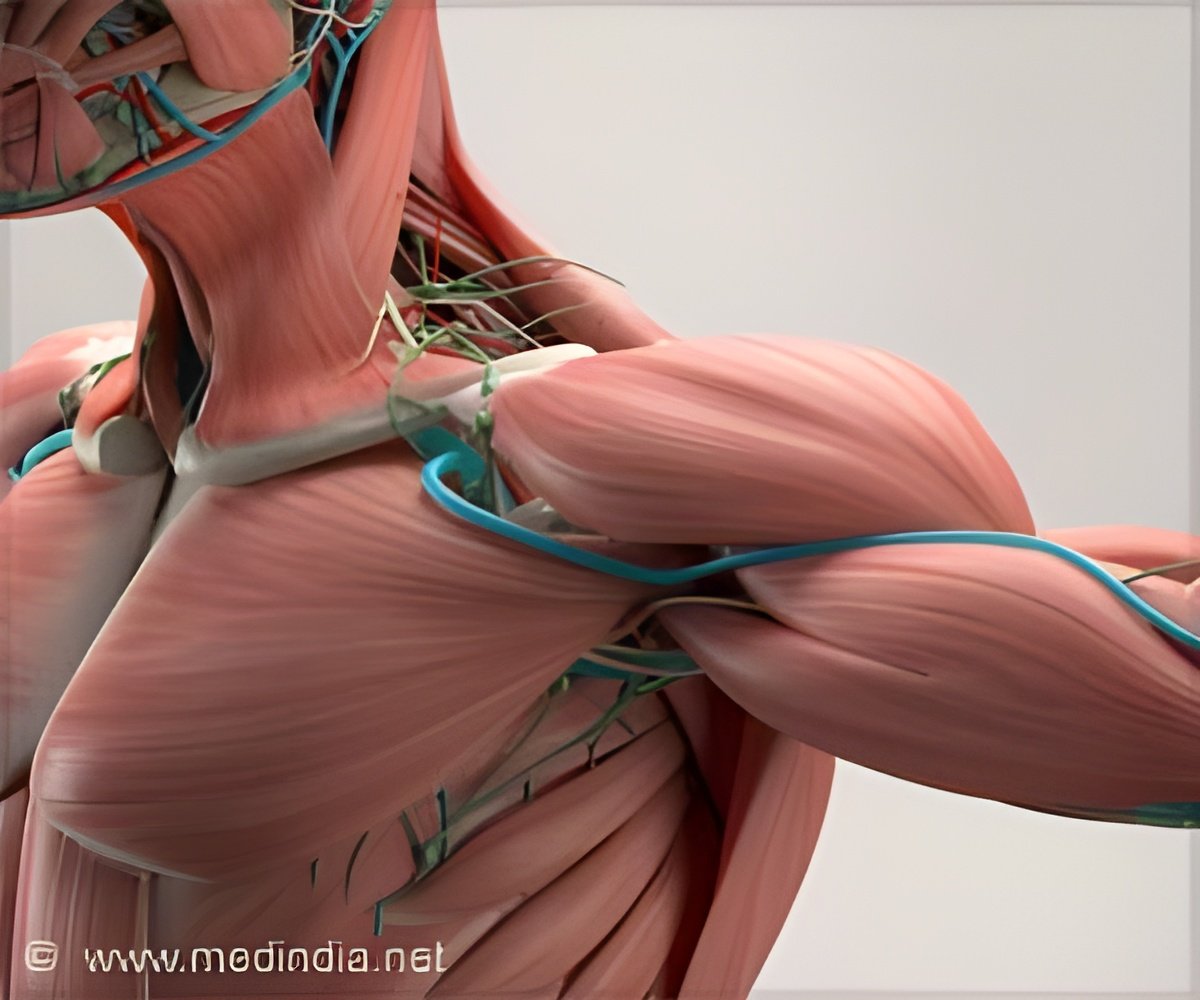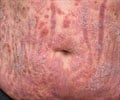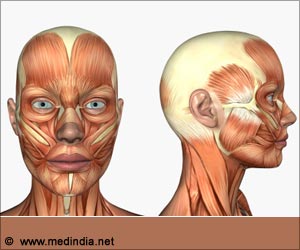Decellularized muscle grafts were found to support skeletal muscle regeneration to treat tissue loss, said study.

‘Compared to an autologous muscle graft, a decellularized muscle matrix used to repair medium- and large-sized defects in rats resulted in enhanced muscle function recovery, muscle regeneration, and the formation of new neuromuscular junctions.’





"This article demonstrated the potential of decellularized tissue grafts for use as scaffolds in tissue engineering applications," says Tissue Engineering Co-Editor-in-Chief Antonios G. Mikos, PhD, Louis Calder Professor at Rice University, Houston, TX.
Source-Eurekalert









